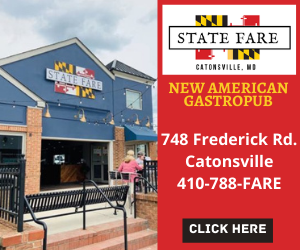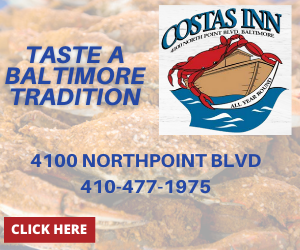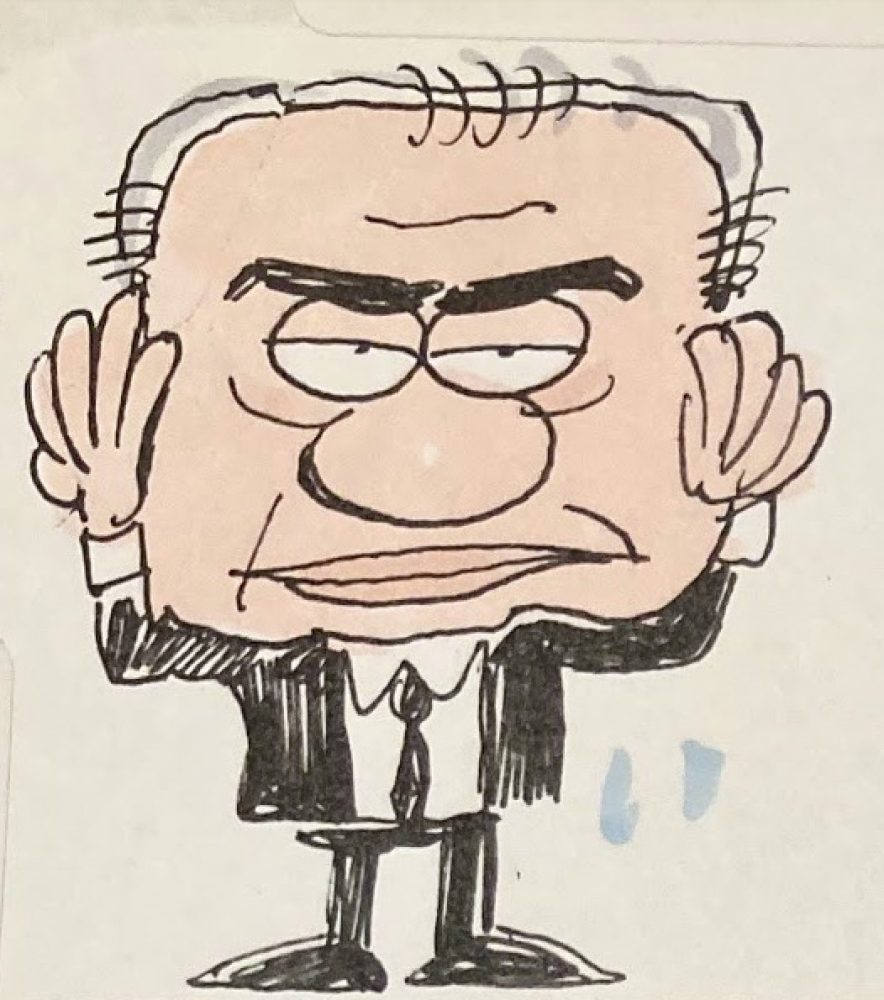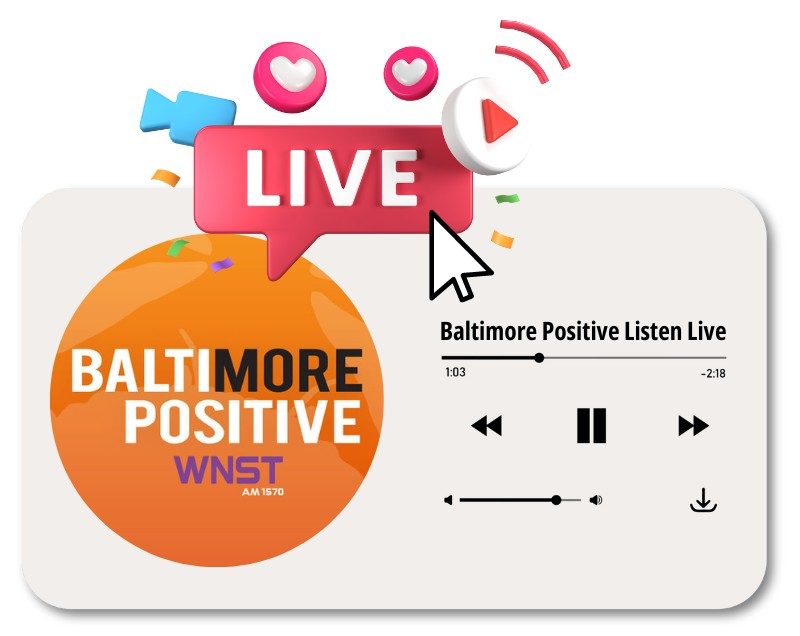DeWitt wasn’t constrained or turned off by the money necessary in the deal to obtain the Orioles. The team was on the market for $200 million when his negotiation with Eli Jacobs began nearly a year earlier. No one here was naïve about the reality of the price. DeWitt’s Cincinnati partner, Bob Castellini, had deep pockets and also had ties to the commissioner’s office.
For DeWitt, this was an opportunity to be a baseball owner and a key decision maker in a franchise like the Baltimore Orioles. DeWitt was a visionary, a guy who wanted to continue to grow the market share and compete. He loved baseball. He’d loved baseball all of his life since his father owned the woeful St. Louis Browns before they became the Orioles in 1954. He felt it was destiny to own the team that his father once held.
Somehow, that morning at the St. Regis, Angelos convinced DeWitt with a blessing from Lucchino, to give up his own bid and join Team Angelos to bid for the Orioles. Angelos told The Sun he convinced DeWitt that he couldn’t win the auction. “I guess the fact that I said simply that I intended to see that the team was owned by a local group,” Angelos said. “And I was hoping we wouldn’t get into a bidding contest because I intended to achieve the goal that I was discussing.”
DeWitt was convinced he was to be named Vice Chairman for Baseball. Lucchino was convinced that he’d involved as Vice Chairman of Operations. And they were all convinced that there might not be another viable group to bid now that the two leading teams has essentially reached a détente and merged for the good of the baseball fans of the Baltimore Orioles.
They knew the judge might not look kindly upon the hasty merger because it could artificially deflate the sale price to Jacobs. After all this was a bankruptcy hearing on behalf of creditors. The whole concept is to maximize the revenue not depress the number of bidders.
The two groups, walking into the lower Manhattan courthouse arm in arm, believed that there might be no one else waiting to bid against them in what was a rare occurrence – an open auction of a Major League Baseball business in a strange, closed, anti-trust protected environment. Would some person – or entity – look to jump in and swipe the Orioles or could someone simply enter the race and drive the price north of where Team Angelos was willing to go?
Peter Angelos’ wife, Georgia, entered the courtroom that day along with the bankers. She asked how much money the bankers really had and at what point the auction would get too pricey. She was clearly a bit shaken by the stakes and the tens of millions of dollars in this pending bidding war. Remember: her husband had only come into this world of millions of dollars less than two years earlier. She told one of them: “You’ve never been to an auction with my husband before. When he really wants something he’ll pay whatever it takes to win it. And he really wants the Orioles.”
Jeffrey Loria, a New York art dealer, was also very interested in the Orioles. Neither DeWitt or Angelos took his interest completely seriously but he was involved with ownership of a Triple-A team and was easily bidding up $100,000 every time Angelos’ representative George Stamas barked out to raise the bid by $1 million with each round.
Loria was proving to be a very worthy bidder, one that Team Angelos had underestimated. “We just didn’t give him a lot of credence,” Stamas later told The Sun. “He hadn’t really approached us. His name hadn’t surfaced. He hadn’t tried to reach out. No one knew him. I knew some people who used him as an art dealer, but that was about it. I actually did get a confirmation that he was kind of for real from some very close friends who were not part of our group, but very prominent Washingtonians who actually used him. But Peter and I never made much of it.”
Lost in the drama of this bidding was the other qualified group from TLC Beatrice, represented by former Washington Redskins player Jean Fugett. But when the heat was turned up in the room it was Fugett, who had previously been silent, to ask the judge for a recess when the price got to $170 million.
When the day began, the Orioles bankers only had enough to bid up to $153 million from the bankers. At that rate they’d be borrowing nearly $70 million. They received another $8 million – plus some other serious options and available cash – when DeWitt joined the group in the morning. In particular, it was the deep pockets and promises of DeWitt’s primary partner Bob Castellini, which allowed Team Angelos far more latitude in bidding in the new dual partnership.
Before the recess, Stamas’ bids had blown past the amount of money that Team Angelos could truly prove that they had in the courtroom that day. One of their downside strategies that day was that if they somehow lost the bid, they’d call for a review of the finances of Loria (or whomever won). In essence, saying: “Where is the money? Do you have it today?”


























